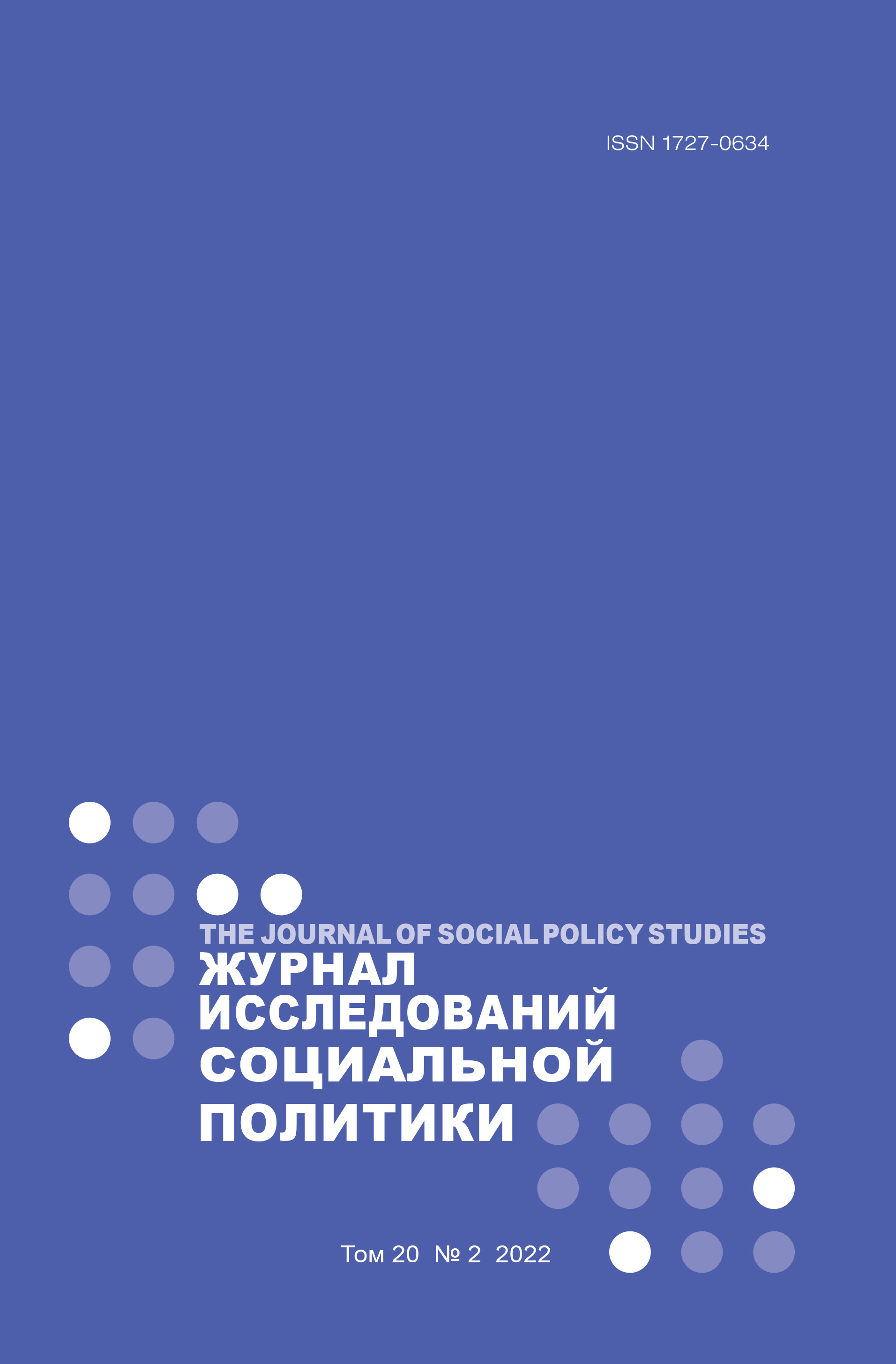Coming out of the Shadows: Practices of Overcoming Social Exclusion in Epilepsy Patients
Abstract
People with epilepsy become hostage to stigma, mediating barriers to access basic mechanisms of social integration and triggering concealment of the disease, self-stigmatisation and the development of anxiety and depressive disorders. The article is devoted to research of conditions and sources of social exclusion of patients with epilepsy and resources and factors of its overcoming. The empirical basis of the study is data from ten biographical interviews with patients with epilepsy carried out in 2021. According to analysis of the interviews, prejudices, negative social attitudes and stereotypes have a significant impact on the life history of patients with epilepsy. The most entrenched perceptions are that epilepsy is a mental illness, carries the risk of death and is hereditary. Stereotypes and labels about people with epilepsy limit their self-fulfilment in all areas that determine social inclusion. Exclusion is most pronounced in the workplace. Chances of employment depend heavily on informal networks and rules, where social interactions about employment are between people who know each other and are personalised. At the same time, employment for people with epilepsy often has precarious features. The social adjustment of people with epilepsy is facilitated by internal factors of self-determination. External factors, such as social stigma and barriers in the labour market, are surmountable if personal resources are activated. Achieving motivation, a belief in one’s own effectiveness and a high level of ambition stimulate the accumulation of cultural and social capital as a resource for social inclusion. The patient’s own activist resource and the support of their immediate environment provide a way out of the shadow of epilepsy.















